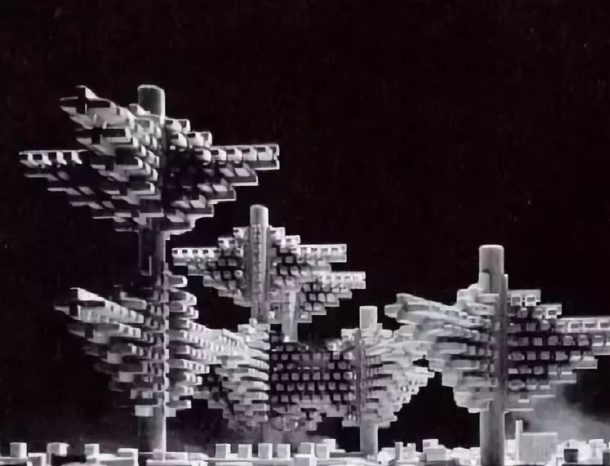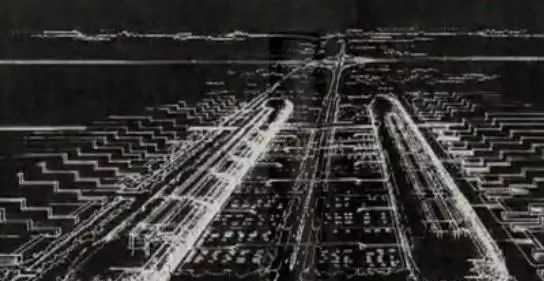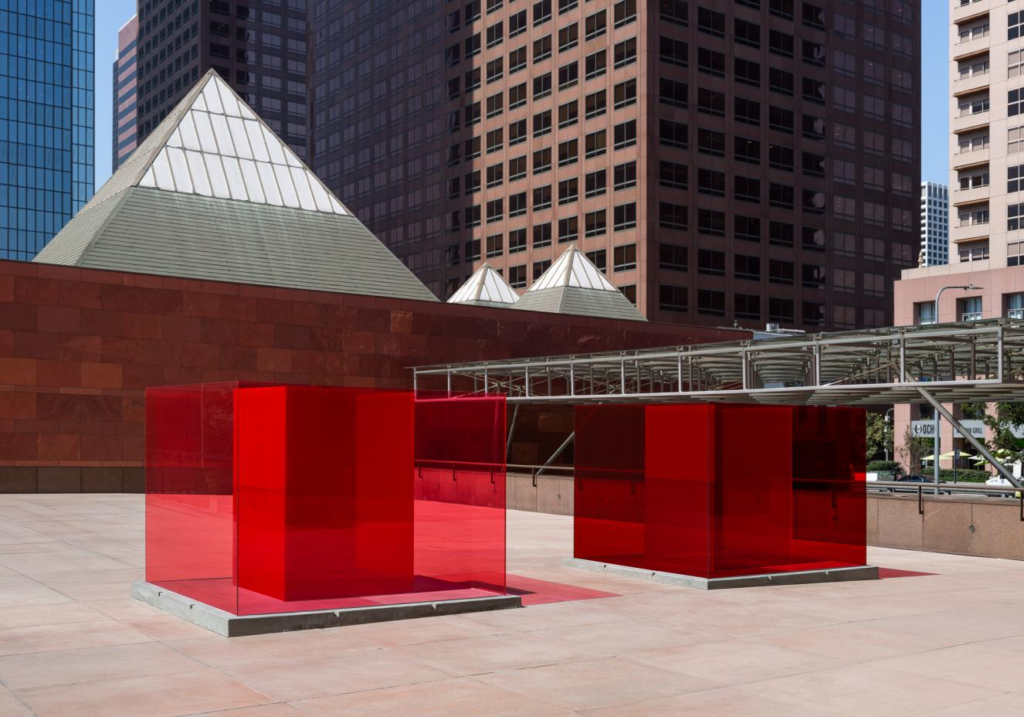Isozaki is a Japanese postmodernist architect, urban designer, and theorist. He is known as a thinker in the Japanese architecture area.

Isozaki was born in Oita on the island of Kyushu. At the age of 14, he witnessed the tragedy of Hiroshima after the atomic bombing. After the defeat, Japan was short of sources, and buildings were destroyed in the war. These experiences formed a view in his mind: the future city is in ruins.
In 1954, he graduated from the University of Tokyo where he majored in Architecture and Engineering and a doctoral program in Architecture. Isozaki also worked under Kenzo Tange before establishing his own firm in 1963.
Isozaki won the Pritzker Architecture Prize on March 5, 2019.
Isozaki has always believed that the concept of architecture is more important than the buildings themselves. As time goes by, the buildings will become ruins one day in the future. Buildings in the true sense only exist in architectural concepts. As long as the building is not built, it will never be destroyed and exist in the history of architecture.
His famous “unarchitected” works include Sky City in the 1960s, aiming to alleviate the problem of land shortage and traffic congestion in Japan at that time.

In the 70s, 80s, and 90s, The computer city, The virtual city, and The mirage city were introduced by Isozaki.

“ If you design buildings without caring about science and technology, you will not be able to communicate with young people today. Compared to architectural design, I like to do something more interesting.” Isozaki said in an interview. “Art is not done by one person, we must focus on this field as a whole.” Isozaki saw the special qualities of many artists who were not yet famous at the time, such as Issey Miyake, Kenya Hara, Tadashi Suzuki, Kishin Sasayama, and so on.


Oita Prefectural Library is the first building he designed. We can clearly see the connection between the gate and his Library. “Compared with the so-called “Japanese style”, that feeling has an indescribable wildness.” Isozaki wants to make a building that people have never seen before just like this gate.





Although Isozaki graduated from Tokyo University, he does not seem to be as high-profile as Tadao Ando, Toyo Ito, and Kengo Kuma.
He always maintains a brand-new thinking perspective to design every building. His thoughts keep going on and never stop.
Works Cited
“Arata Isozaki | Moma”. The Museum Of Modern Art, 2020, https://www.moma.org/artists/2837.
“Arata Isozaki: Solaris – Metropolis Japan”. Metropolis Japan, 2020, https://metropolisjapan.com/arata-isozaki-solaris/.
“Profile – Arata Isozaki & Associates”. Isozaki.Co.Jp, 2020, https://isozaki.co.jp/profile/.
